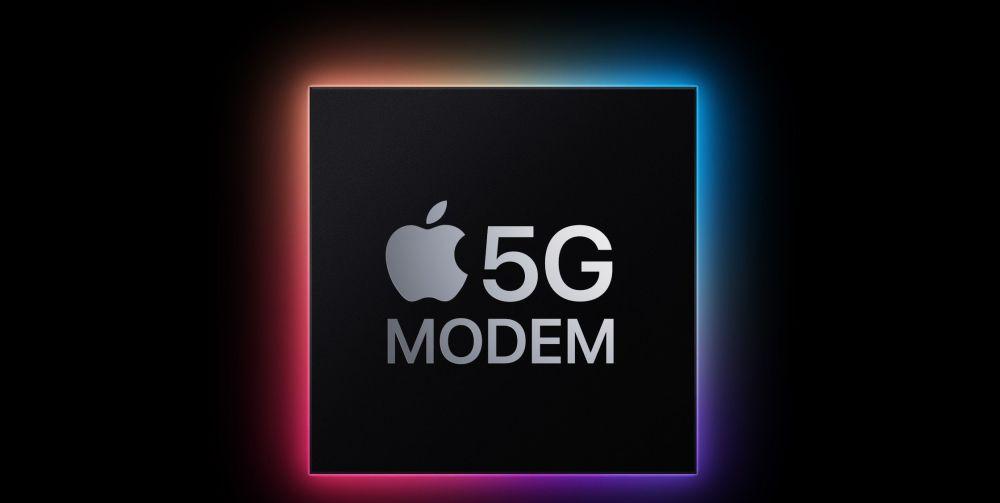On January 10, Nikkei Asia reported in recent days that Apple plans to launch the first self-developed 5G baseband chip in 2023, and is currently establishing a closer cooperative relationship with TSMC to reduce its dependence on Qualcomm. According to the latest news from the Liberty Times, Apple's self-developed 5G baseband chip has been developed and will use TSMC's 5nm process, with an annual production capacity of 120,000 wafers.

Previously, Tianfeng International analyst Guo Mingqi had said that Apple's 5G baseband chip would debut in the iPhone model in 2023 as soon as possible. Qualcomm financial officer Akash Palkhiwala also revealed that it is expected that the proportion of Qualcomm 5G baseband chips shipped in 2023 will be reduced to 20%, which also hints at the arrival of Apple's self-developed 5G baseband chips.
Apple has been in the development of 5G baseband chips for several years, and after Intel announced the suspension of 5G baseband development in early 2019, Apple has included its research and development team and started the road of self-developed chips. With the previous technology and patent accumulation of the Intel team, the speed of Apple's research and development will also be much faster, and it is expected to debut in 2023. However, we can't know how Apple's 5G baseband performs for the time being, and whether it can improve the signal problem of the iPhone.
A few years ago, Apple and Qualcomm had a conflict and a lawsuit, apple could not continue to use Qualcomm baseband chips in the iPhone, resulting in iPhone X, iPhone Xs and iPhone 11 generations of products, all of which frequently had signal gate problems, of which the iPhone 11 was particularly serious. Since then, consumers have been deeply imprinted with the impression of poor iPhone signal, and some people have even ridiculed "iPhone + Unicom = lost contact".
In 2019, as the Android camp began to transform 5G mobile phones, and Intel withdrew from the research and development of 5G baseband chips, Apple had no choice but to pay qualcomm a huge compensation to reach a settlement and sign a new cooperation contract. Therefore, everyone can use the iPhone 12 and iPhone 13 series that support 5G technology. But Apple naturally does not want to be pinched, so while using Qualcomm chips, it is also grasping self-research and wants to get rid of Qualcomm as soon as possible.
Apple's first generation of self-developed chips is likely to use the form of plug-ins, and should only appear in next year's iPhone 15/15 Max models, the two Pros are not surprising or use Qualcomm baseband chips. If the performance of the first generation of chips can meet expectations, the iPhone in 2024 may fully use self-developed 5G chips and completely bid farewell to Qualcomm. Hopefully, Apple can bring some surprises, so that the iPhone's signal can be better, and the price of the phone may be a little cheaper.